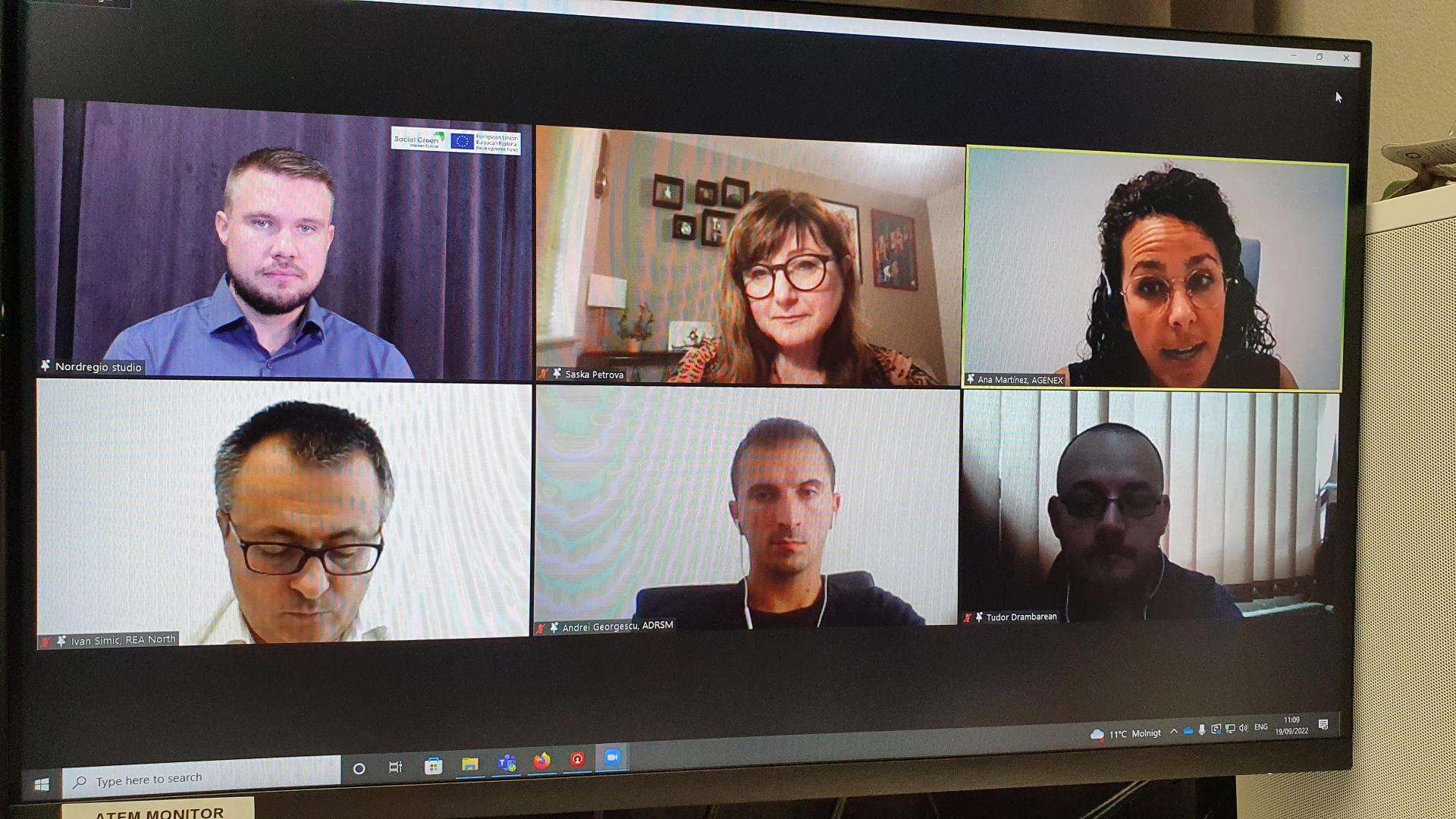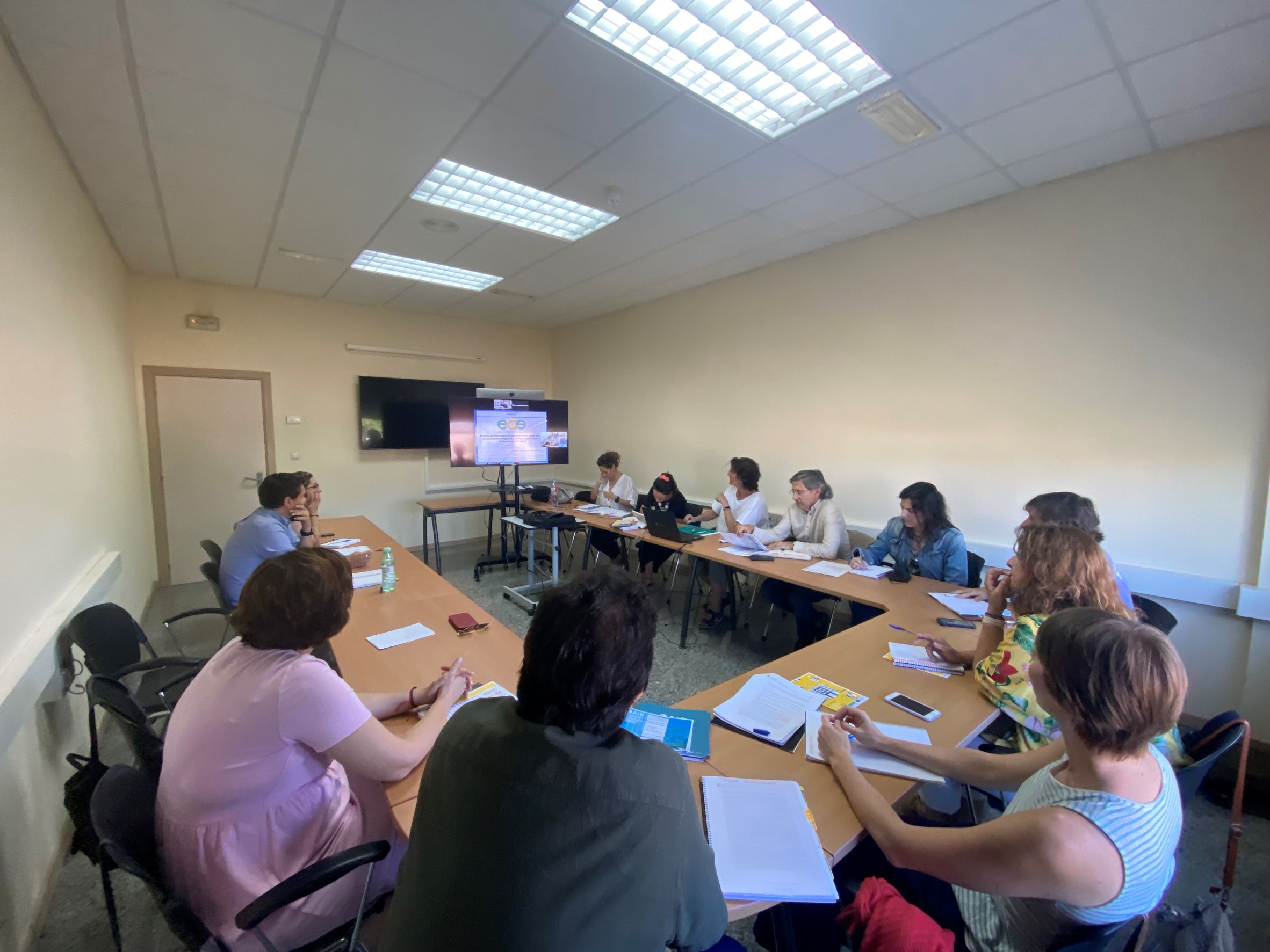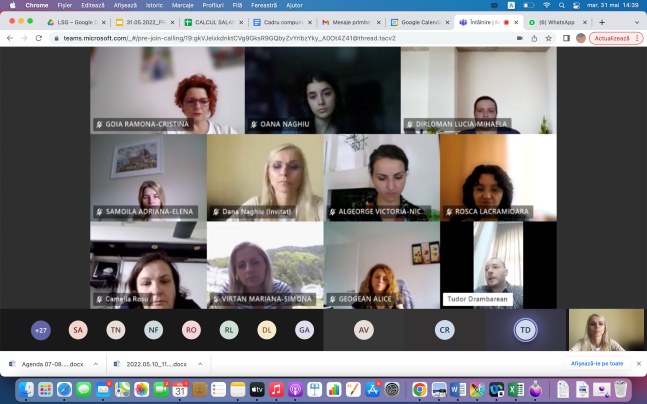Broad stakeholder involvement is a requirement for any successful policy design and implementation. Bearing in mind this prerequisite, CCDR-N (Norte of Portugal Regional Coordination and Development Commission) and CEiiA (Centre of Engineering and Product Development) have organized in the past April, the first stakeholder meeting of the Social Green Project in NORTE Region (Portugal).
The stakeholder group is composed of a number of entities from public bodies, local authorities, energy agencies, “think tank” (e.g. Portuguese representative of Housing Europe) and building private sector representatives.
Because of the key role played by municipalities in Norte Region, the stakeholder group is composed of a number of municipalities with diversified territorial backgrounds, from urban municipalities such as Porto to more rural municipalities such as Vila Real. Municipalities fulfill two conditions simultaneously, relevant social housing ownership and potential role on the implementation of the policy instrument that Social Green aims to improve.
Besides the municipalities, the Local Stakeholder Group is composed of the Institute for Housing and Urban Rehabilitation in Portugal, IHRU, (responsible for the implementation of social housing and urban rehabilitation policies defined by the national Government), ADENE, the Portuguese Energy Agency (an association whose mission is to develop activities of public interest in the area of energy) and the DGEG, Directorate General for Energy and Geology (a public administration body whose mission is to contribute to the design, promotion and evaluation of policies related to energy and geological resources, with a view to sustainable development).
The meeting had several topics for discussion, according with the following agenda:
- Presentation of the framework of the Social Green project
- Presentation of the Local Stakeholders Group
- Identification of Good Practices for greening social buildings
- Definition of the next steps for the project
There was a fruitful and vivid discussion between peers regarding several topics such as the status quo of the “National Housing Strategy”, the sustainability of the current policy for social housing in Portugal and the current implementation of the policy instrument that the Social Green project addresses, Investment Priority (IP) 4.3. included on the Priority axis 3. “Low Carbon Economy” of the Regional Operational Programme, NORTE 2020.






